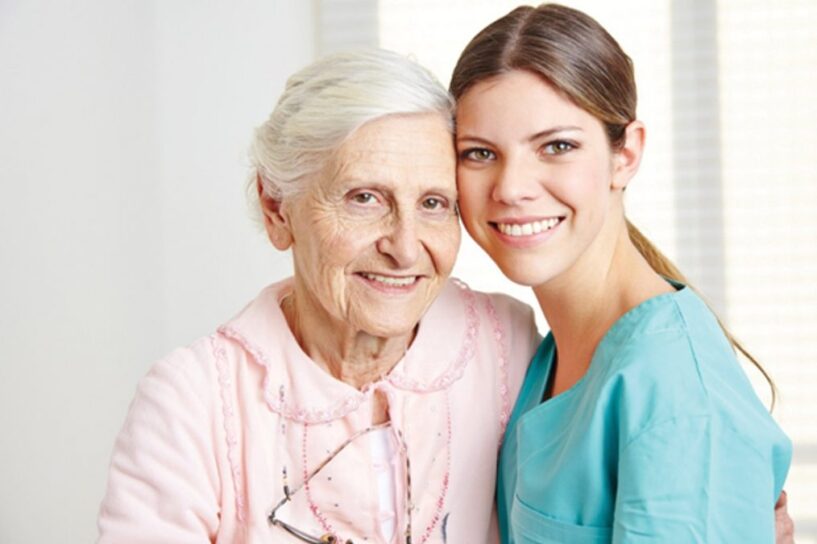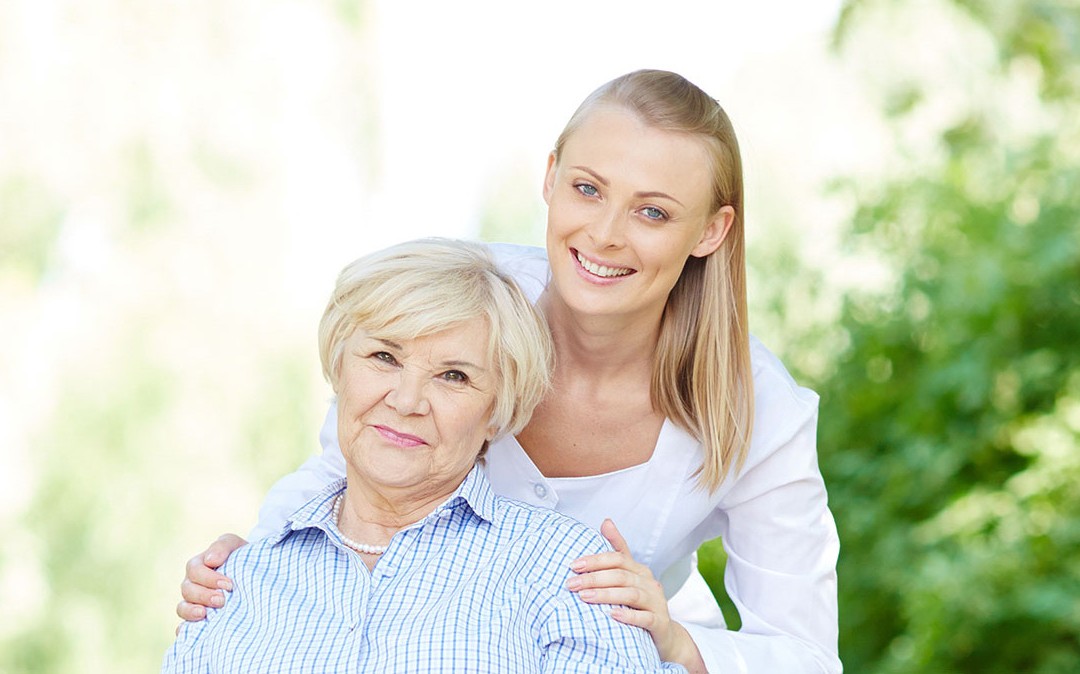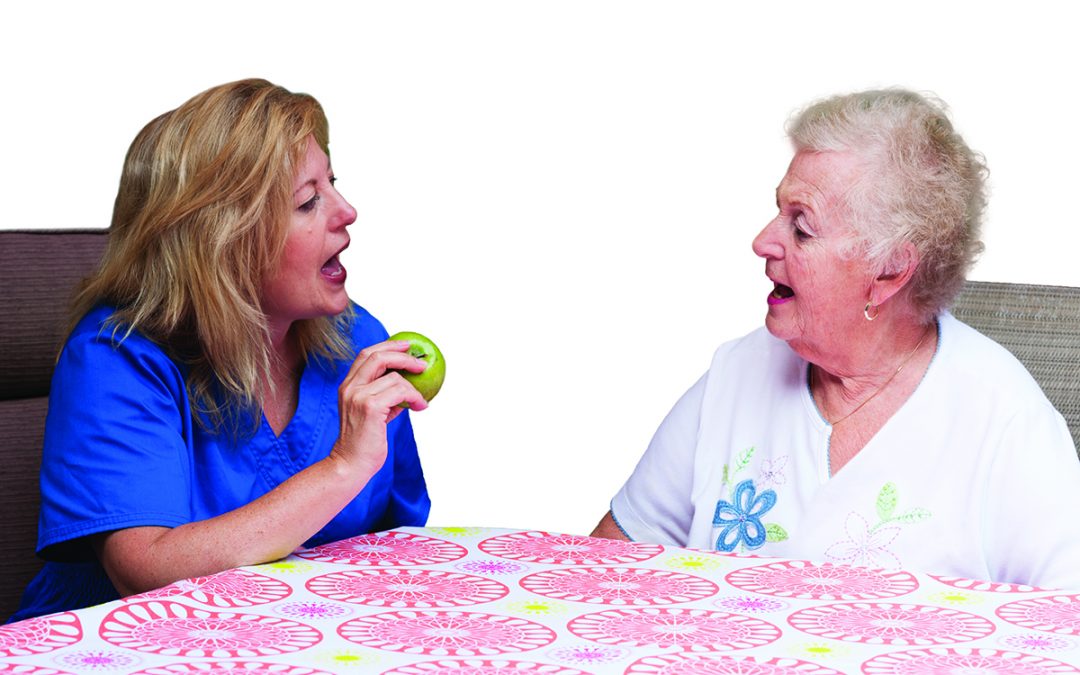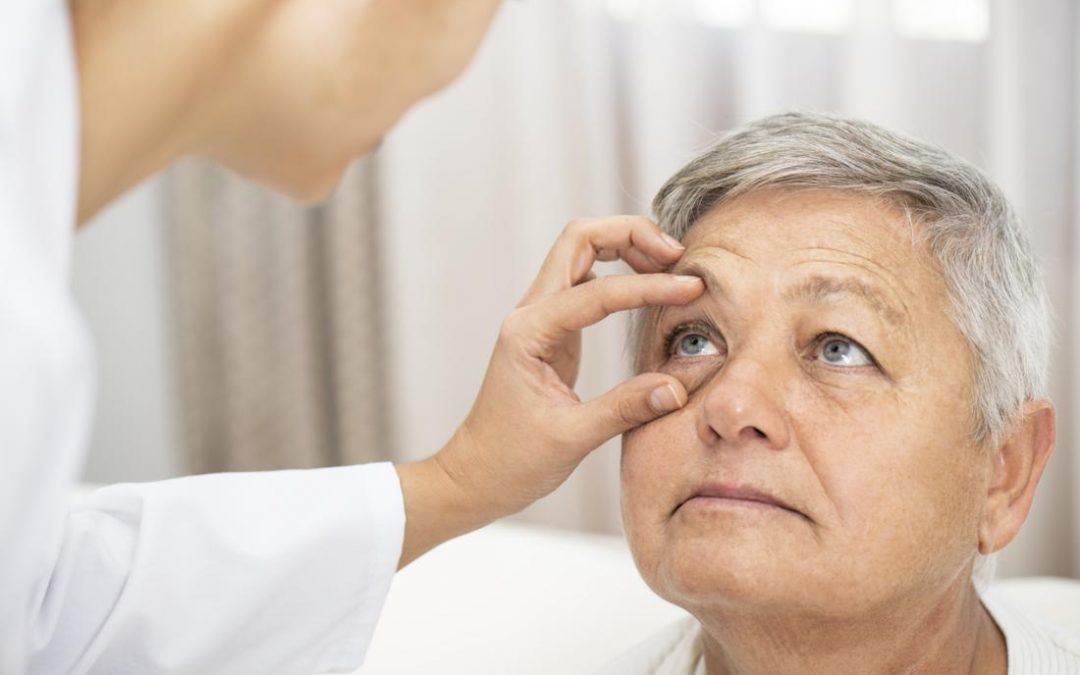
Is The CDPAP The Right Program For Your Family?
You might have noticed that your elderly has been experiencing some trouble in keeping up with the day-to-day activities such as doing the laundry, taking out the trash and getting the mail.
Hobbies that once occupied most of their time, are no longer keeping them interested. Their lack of exuberance and participation in any activity might also be due to difficulty in balancing or walking, mood swings, loss of vision or hearing, forgetfulness or depression. While these are all symptoms, you have yet to figure out the cause.
Here’s one that you might have not paid attention to: lack of medical and personal care.
What is the CDPAP Program?
Consumer Directed Personal Assistance Program is a Medicaid initiative that provides help to people who need homecare services. The caregiver in the program can be either a certified CDPAP person or someone from the family, chosen by the patient.
The reason why the CDPAP program is such a great option is because it provides seniors and other family members the ease of getting 24/7 specialized care at home. This program has a lower cost, as it allows family members to save on the care. Since the family members provide their own checking references, recruitment, hiring, supervision, training and termination, the staffing costs for the tasks that accrue to Medicaid are eliminated.
According to a study by Alliance for Home Health Quality and Innovation, homecare supports improved patient outcomes. Patients who receive homecare after being discharged from the hospital are more likely to improve self-care.
The Benefit of the CDAPA Program
Today, Medicare-certified agencies that specialize in homecare provide in-home therapy and skilled nursing services to homebound patients. With healthcare programs customized for individual members of the family, they are able to speed up wound healing after an operation by 89%, reduce pain from mobility by 67%, encourage self-bathing by 66% and improve breathing by 64%.
There are around 2 million workers registered in the homecare program in the US. They work with people with disabilities, older adults and seniors who require constant support and care. These caregivers help with certain tasks such as meal preparation, shopping, mobility, management of medication, hygiene and the most important of all… companionship.
Loneliness is one of the biggest factors that contribute to the mortality rate in adults, as well as seniors. The caregiver developing a bond with the family members is an added bonus, which increases the positive impact of the CPAP program.
So, we can safely conclude that yes, the CDPAP is the right program for your family!
Care Provided by CDPAP Agencies
Through in-home caregivers, patients are able to obtain truly patient-centered care, which include:
- Medical treatment in the home
- Specialized care to stabilize or improve the functional status of patients
- Care coordination services from hospital to home
- Care that prevents unnecessary hospitalizations
- Management of mental and behavioral health conditions
Now that people have moved away from nursing homes and other healthcare institutions, they have come to realize the benefits of the CDPAP program, which include continuing nurturing, convenience, fewer disruptions as they are in a familiar and familial surrounding, and your very own personal assistant/caregiver who anticipates your every need.










